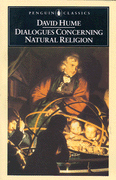 |
Dialogues Concerning Natural Religion by David Hume (Hackett) |
This is the classic philosophical assault on the idea of God being all-good, all-wise, and all-powerful. If a book can answer Hume, it can answer most skeptics today. If it doesn’t try to answer Hume, move on to one that does.
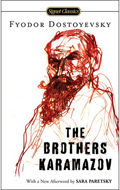 |
The Brothers Karamazov by Fyodor Dostoevsky (Penguin Classics) |
Why does God allow evil, particularly atrocities? No book more effectively punctures philosophical and theological abstractions with the sharp end of real life.
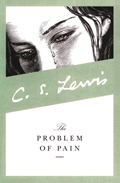 |
The Problem of Pain by C. S. Lewis (Harperone) |
Lewis’s classic is still the most wide-ranging, accessible, and cogent response to the problem of evil. Don’t let its analytical tone make you forget, as many do, that its author lost his mother in childhood and fought on the frontlines of the First World War.
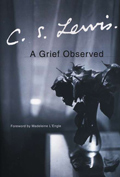 |
A Grief Observed by C. S. Lewis (Harperone) |
This cri de coeur (“cry from the heart”), rivaled by Nicholas Wolterstorff’s Lament for a Son, keeps any intellectual response to evil appropriately modest. Ideas are good; prayers, even angry ones, are better.
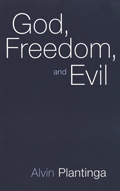 |
God, Freedom, and Evil by Alvin Plantinga (Eerdmans) |
The most accessible statement of Plantinga’s Free Will Defense, this argument revolutionized the modern philosophical discussion and helped make Christian thinking plausible in the broader academy.
Copyright © 2010 Christianity Today. Click for reprint information.
Related Elsewhere:
John Stakhouse is author of Can God be Trusted? Faith and the Challenge of Evil (InterVarsity Press).
Previous articles on evil from Christianity Today include:
Theodicy in Light of Eternity | Theologians see hope for the future based on the past. (January 25, 2010)
The Problem of Goodness | It’s not just the problem of evil that baffles the secularist. (December 22, 2009)
The Evil In Us | Prisoner torture in Iraq exposes the ordinary face of human depravity. (July 1, 2004)









